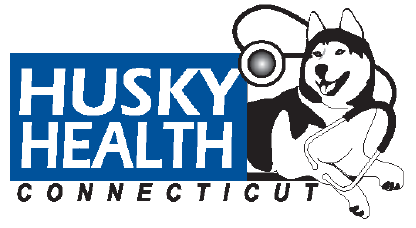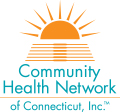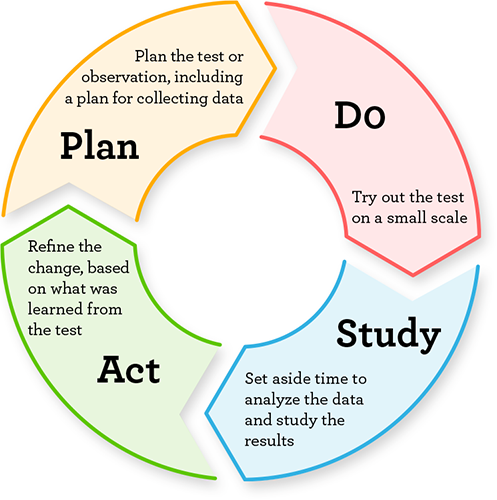Attaining Health Equity
Improving health and healthcare requires a focus on equity – equity of access, treatments, and outcomes. Healthcare providers are in a unique position to work with our HUSKY Health members to increase opportunities for them to be healthier – especially those whose obstacles are greatest.
To find out more about health equity and how to attain it, visit the Robert Wood Johnson Foundation (RWJF).
Help and Support
The Clinical Practice Transformation Specialist (CPTS) and Regional Network Management (RNM) teams can assist you with accessing actionable data to help you identify and manage your patient population. They can show you how to use analytic tools and gaps in care reports, along with reports from your practice’s EHR. The team also provides education on how to use that data for Quality Improvement.
To contact us, call 1.203.949.4194 or by email at pathwaytopcmh@chnct.org.
What You Can Do to Take Action for Health Equity
Your practice/organization can learn about small steps that you can take right now and also larger policy changes that you can support by visiting the RWJF website.
It is difficult for quality improvers to effect change related to differences in access, treatment, and outcomes across populations and between individuals that are predictable, systemic, avoidable, and biased. Find out more about Health Equity at the Institute of Healthcare Improvement website.
Culturally and Linguistically Appropriate Services (CLAS) Standards
The National CLAS Standards are intended to advance health equity, improve quality, and help eliminate healthcare disparities by establishing a blueprint for health and healthcare organizations.
For more information and access to a copy of the National CLAS Standards, visit the Think Cultural Health website.
CultureVision™
As a healthcare provider, you see many patients with diverse cultural backgrounds. You know that the better you understand your patient’s beliefs, health practices, and particular needs, the more your care and treatment plans can be designed for the best health outcomes possible.
CultureVision™ is an easy-to-use database that gives you access to culturally competent patient care. Nothing to install. Nothing to download. To learn how to access it and for more information, visit our CultureVision™ web page.
Health Literate Organizations
A Health Literate Organization (HLO) is one that “makes it easier for people to navigate, understand, and use information and services to take care of their health.”1 It also has made changes to better match the demands of the organization with the capacity and skills of the people who need its information and services.
For information about a Health Literate Organization and tools to help your practice become one, download our Health Literate Organizations: Providing Optimal Equitable Care presentation.
1 http://www.clearlanguagegroup.com/clear-communication/health literate-organization/
This portion of the HUSKY Health website is managed by Community Health Network of Connecticut, Inc.®, the State of Connecticut’s Medical Administrative Services Organization (ASO) for the HUSKY Health program. For the general HUSKY Health website gateway, please visit portal.ct.gov/husky. HUSKY Health includes Medicaid and the Children’s Health Insurance Program, and is administered by the Connecticut Department of Social Services (DSS).



